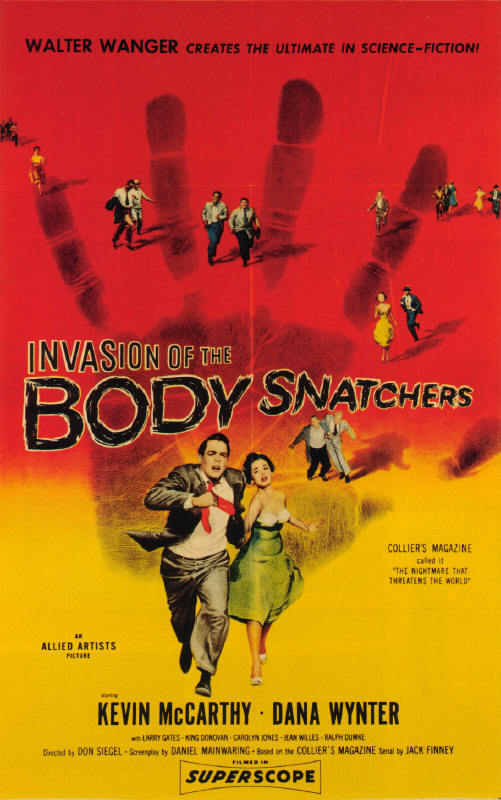My my... how very much has happened since I last wrote.
A summary of events:
In August, my dear friend Nick and I sat down and wrote a screenplay. Nick had recently seen a movie titled
The Man From Earth. He promptly showed to me exclaiming that we needed to write a screenplay like this. The movie is set in one location, and is entirely dialogue based. In it, a teacher named John Oldman is moving on with his life. His fellow professors throw a small going away party during which he confesses to be a Cro-Magnon caveman. They throw all their knowledge, trying to find holes in his story, and he manages to have an answer for every question. It becomes an intellectual duel between the man and his colleagues, and there's plenty of twists and turns and revelations, but I digress.
He decided on the basic concept and we literally wrote a first draft within a week. Like
The Man From Earth, it's very dialogue heavy, limited in its locations and amount of characters, and it dips a bit into sci-fi while remaining contemporary. And like
The Man From Earth as well films like
Frost/Nixon,
Lions for Lambs, and
A Beautiful Mind, it could easily be (and in
Frost/Nixon's case, has been) a play.
I would come to his house with a notepad and pen, while he'd be at his laptop. He'd put on a playlist of move scores, and we'd write away. After four hours or so, I would ask a break, but Nick kept on pushing me, and thank God for that. Looking back on it, some of the most rewarding time of my life has been writing in his bedroom until 4 a.m.
After we had a draft, despite Nick having returned to Los Angeles, we slowly fine tuned what we had. Shortly Nick was back up in Washington to secure the financing. That part went over surprisingly painlessly. I had thought we would start heavy pre-production in January once Nick finished filming his flick up in Canada,
The Riot. Instead, we were going full steam ahead before we even knew it. My title? Co-writer/Producer.
Throughout September and early October, we began casting and filling up crew locations. Within an hour of contacting his agent, Lance Henriksen of
Terminator,
Pumpkinhead,
Aliens, and
Millennium, began reading the script with an offer to play the lead role. In addition, Nick was able to cast Andrew Keegan in a supporting role having developed a relationship with him while prepping casting for
The Riot. With the addition of three unknowns who auditioned for us in Seattle, we had our cast and crew in place.
Before the end of October,

we were filming.
Production was where the real magic began. I don't even want to begin to go into specifics, because it would be far too much for my lazy ass to put in a single posting. But for twelve days, we became a pseudo family. There were relatively few dramatic moments, and save for sound problems (namely planes flying overhead, or pedestrians while shooting downtown), filming went smoothly and on schedule. I had such a wonderful time filming the movie. Lance in particular was a joy to work with. He was always able to lighten the mood, or captivate everyone by one of his many stories, and I learned quite a thing or two just by being around him and talking between filming. I truly believe we have his best performance yet. Nick was equally impressive directing. I look forward to a fruitful career collaborating with him in future. Until then, I will cherish the twelve days it took to film this. After our wrap party, I commemorated the occasion by getting my first tattoo, one to match the ones Lance and Nick both got: Einstein's formula for quantum gravity (it plays into the movie a bit).
What this has taught me is tha

t the world does indeed have a way of balancing itself. Call it karma. Call it what you will. But at the beginning of June I was in a mild state of depression, having been forced to leave San Francisco, being broke, and having to go back to a shit job with little dignity. Nick presented me with an opportunity to rise above it, expand my knowledge and experience, and make a ton of new friends including a famous one or two.
All in all, not bad. Not bad at all.
I'll keep this blog updated more often to fill everyone in on the continuing post-production (forewarning: details will be relatively few for plot secrecy purposes), and upcoming projects. More will be on the horizon.
Oh, and the movie is titled
The Penitent Man. Keep a look-out for us.






















